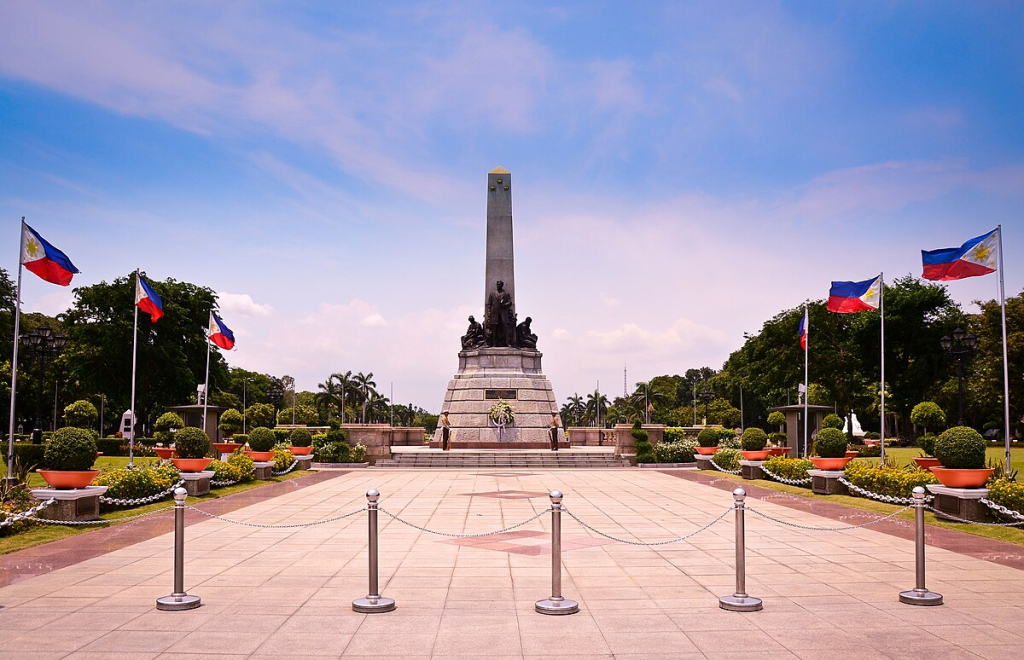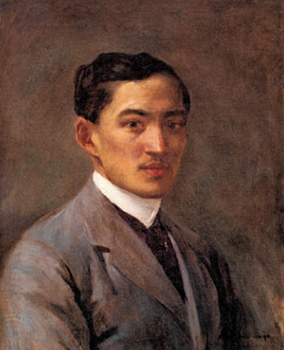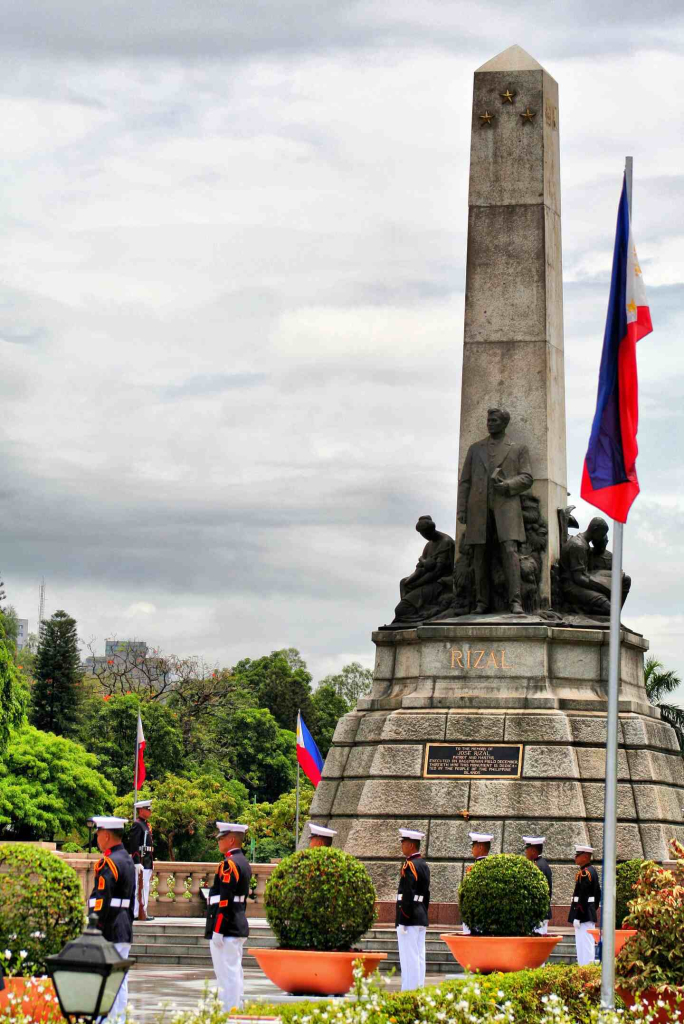
Rizal’s Legacy: Understanding the Significance of December 30th
Jose Rizal’s legacy remains a cornerstone of Philippine history, and December 30, observed as Rizal Day, holds profound significance. On this day, the nation commemorates the life and sacrifices of Jose Rizal, a national hero whose writings and activism played a primary role in sparking the flame of independence.
The Rizal Shrine, berthed in the heart of Rizal Park in Manila, is a symbol of his enduring influence and a testament to his commitment to the country. During Rizal’s birthday, considered a national day by many Filipinos, the Philippine Flag takes on a special meaning as Filipinos celebrate this auspicious day.
During the public holiday, a flag raising ceremony is conducted on site followed by a wreath laying ceremony and a year end address or note usually given by a government official.
As Filipinos reflect on December 30, they are reminded of Rizal’s unwavering dedication to justice, freedom, and enlightenment.
His ideals inspire generations, ensuring that his contributions to the country remain etched in the collective memory, shaping the Philippines’ ongoing journey toward progress and identity.
Jose Rizal’s Biography

José Protasio Rizal Mercado y Alonso Realonda, popularly known as Jose Rizal, was born in Calamba City, Laguna on June 19, 1861.
Known for his intellect and activism
He is widely recognized as the national hero of the Philippines. His intellectual pursuits and activism marked Jose Rizal’s life against Spanish colonial rule. His literary masterpieces, “Noli Me Tangere” and “El Filibusterismo,” catalyzed social change.
Unfortunately, Rizal met a tragic end, facing a firing squad on December 30, 1896, at Bagumbayan, now known as Luneta Park. His imprisonment took place at Fort Santiago, leaving an indelible mark on Philippine history and inspiring generations to come.
Rizal’s birthday, commemorated annually, is a testament to his enduring impact on the fight for Philippine independence.
Remembering Jose Rizal: A Tribute to the Philippine National Hero
The solemnity of the occasion at Rizal Park in Manila echoes the resilience of a nation that endured the challenges of the Spanish colonial era.
As Filipinos gather on December 30 each year, they reflect on Rizal’s writings, his advocacy for education, and his unwavering dedication to freedom.
The park, situated in the heart of the capital, becomes a symbol of national pride and a focal point for citizens to connect with their roots.
Remembering Jose Rizal on this day transcends time, fostering a collective appreciation for the enduring spirit that shaped the Philippines into the vibrant and independent nation it is today.
What to Know About the Day of Our Philippine National Hero
Rizal Day, observed as a national holiday in the Philippines on December 30, commemorates the life and works of Jose Rizal, the country’s national hero.
Remembering Rizal’s fight against the colonial rule
Today, Filipinos reflect on Rizal’s substantial role in inspiring the fight for independence against Spanish colonization through his writings and activism. The significance of December 30 is heightened by the fact that it marks the execution of Jose Rizal in 1896.
Emilio Aguinaldo, the first president of the Philippines, declared this day a national holiday to honor Rizal’s sacrifices and influence on the nation’s struggle for freedom. The occasion serves as a reminder of the enduring impact of Rizal’s ideas and ideals on the Filipino people.
Rizal Monument
A symbol for the country’s fight for independence
The Rizal Monument stands proudly in Rizal Park, also known as Luneta Park, in Manila. This iconic monument pays tribute to Jose Rizal, a national hero of the Philippines. The park itself is a significant historical site, as it was once the execution site of Rizal.
The monument near Baguio City symbolizes the country’s fight for independence. Meanwhile, Fort Santiago, another historical landmark, played a role in Rizal’s life and the struggle against colonial rule.
The Rizal Shrine within the park preserves the memory of Jose Rizal, and visitors can often witness the national flag waving proudly in this solemn and historic location.

Why We Celebrate Rizal Day
Rizal Day, celebrated annually on December 30, commemorates the rich history and enduring legacy of Dr. Jose Rizal, a key figure in the Philippines’ struggle for independence. On this day in 1896, Rizal’s execution marked a historical moment in Philippine history.
A national holiday to honor Rizal
The Philippine Commission enacted Act No. 345, declaring December 30 as one of the national holidays to honor Rizal’s contributions to the country. This anniversary serves as a poignant reminder of Rizal’s ideals, writings, and sacrifices, inspiring Filipinos to reflect on their national identity and the ongoing pursuit of freedom.
Commemorate Jose Rizal’s Death and Celebrate His Birth
On Rizal Day, marked by the anniversary of Jose Rizal’s death, various commemorations take place across the Philippines. Activities such as cockfighting, horse racing, and jai alai are explicitly forbidden in observance of the solemnity of the occasion.
This prohibition emphasizes the respect and reverence for Rizal’s contributions to Philippine independence, creating a day focused on reflection, remembrance, and the collective pursuit of national pride without the distractions of certain forms of entertainment.
Filipinos Commemorate José Rizal as a National Hero of the Philippines
José Rizal is recognized as the Philippines’ National Hero, recognizing his crucial role in the country’s quest for independence. Rizal’s academic prowess and social reform crusade inspired generations, establishing the basis for the nation’s identity.
The first President of the Philippines, Emilio Aguinaldo, acknowledged Rizal’s continuing significance and regarded him as a source of national pride.
Rizal became a symbol of resistance via his writings and beliefs, encouraging a sense of togetherness among Filipinos struggling for independence and self-determination.
Rizal Day Ceremonies are Led by Presidents
The country’s presidents pay their respects to Rizal
Rizal Day ceremonies in the Philippines are significant, symbolizing the nation’s commitment to honoring Dr. Jose Rizal, a national hero. Traditionally, the official ceremony is led by the President, accompanied by the Vice President and other dignitaries.
Since Emilio Aguinaldo, the first President of the Philippines, this commemoration has been a solemn occasion, marked by wreath-laying ceremonies at Rizal monuments nationwide.
Following Aguinaldo’s precedent, presidents play a pivotal role in underlining the importance of Rizal’s contributions to the country, fostering unity, and reflecting on the ideals he championed for the Filipino people.
Wreath-laying Ceremonies at Rizal Park
The solemn tradition of wreath-laying ceremonies at Rizal Park embodies a poignant homage to the revered national hero, José Rizal.
Amidst the serene ambiance of the park, dignitaries, government officials, and citizens gather to pay their respects to Rizal’s enduring legacy. Laying wreaths symbolizes a collective acknowledgment of his sacrifices and unwavering commitment to the Filipino cause.
Rizal Park, also known as Luneta, serves as a hallowed ground where the nation reflects on its history and draws inspiration from the ideals that shaped its journey toward independence. These ceremonies honor Rizal’s memory and serve as a reminder of the ongoing pursuit of freedom and national unity.
Key Takeaways
Jose Rizal’s life was defined by his scholarly interests and activism against Spanish colonial tyranny. His literary classics, “Noli Me Tangere” and “El Filibusterismo,” catalyzed social transformation.
To recognize Rizal’s services to the country, the Philippine Commission enacted Act No. 345, which designated December 30 as one of the national holidays.
The Rizal Monument rises majestically in Manila’s Rizal Park, also known as Luneta Park. This respected monument honors Jose Rizal, the Philippines’ national hero. The park itself is a notable historical landmark because it was initially Rizal’s execution site.

Celebrate Life’s Milestones in Camella!
Make unforgettable memories in a Camella home.
Our communities are designed to elevate your living experience.

